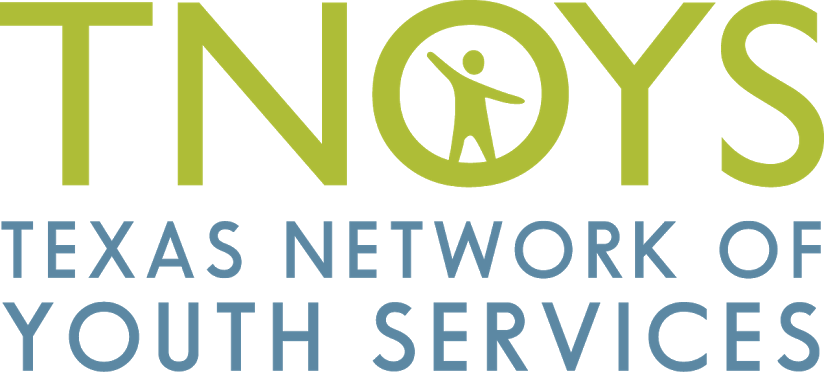
By Lara O’Toole, LMSW
There’s just something special about face-to-face interactions. There’s just something special that allows for a certain type of magic to form in relationships, and a certain type of enthusiasm for the work at hand. This magic is far more difficult to find within the emails, conference calls, or webinars of our daily work to create cultures of care for vulnerable youth in Texas and beyond.
Just over a month ago, I had the privilege of hosting Melissa Wood from Children’s Hope, a residential treatment center with campuses in Lubbock and Levelland. Melissa and I, joined by Jack and Althea from the TNOYS team, visited Micki Marquardt at Helping Hand Home for Children here in Austin. Both of these residential treatment centers are intensive support sites in our Creating a Culture of Care (CCC) initiative. Both sites work with highly-traumatized children, often younger children between the ages of 5 and 12 years old. The sites have shared clients, but these two clinical directors had never met; CCC brought them together.
Work in a residential treatment center is often hectic, intense, and isolating; there is so much going on in front of you each day that it can be difficult to step back and reflect or travel to make connections. On this particular day, my team reviewed each site’s progress in creating a trauma-informed environment as well as specific efforts and goals around the reduction of restraint of youth in treatment. Both Micki and Melissa shared their successes, challenges, and plans related to CCC. However, the most powerful moments of the visit were the more casual ones – when a shared client was mentioned with a smile or when one told a story we all could relate to as if it were our own. Over and over, the residential treatment center staff involved in CCC have told the TNOYS team that chances to meet others in similar roles from around the state has been an invaluable benefit of participation. TNOYS is proud to promote these sorts of professional connections while, in the process, helping treatment settings to evolve and improve for the ultimate benefit of some of our state’s most vulnerable youth.
-Lara
